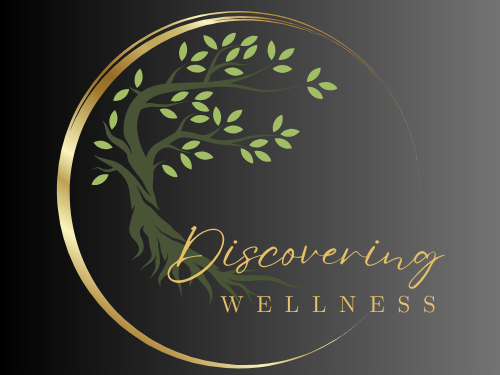
In today’s fast-paced world, the demand for quick fixes to combat fatigue and boost performance has led to the meteoric rise of energy drinks. Marketed as the elixir for the tired and sluggish, these beverages promise an instant jolt of energy to keep you going through the day. However, lurking beneath their flashy packaging and bold claims lies a dark reality – the dangers of overconsumption.
Energy drinks are typically loaded with a potent mix of caffeine, sugar, and other stimulants, concocted to deliver a rapid surge of energy. While the initial rush might seem appealing, the long-term consequences of excessive consumption can be dire. Let’s delve deeper into the perils of overindulging in these seemingly harmless beverages.
Caffeine, the primary ingredient in most energy drinks, is a double-edged sword. While it can enhance alertness and concentration in moderate doses, excessive intake can wreak havoc on the body. Energy drinks often contain sky-high levels of caffeine, far surpassing the recommended daily limit. This overdose can trigger a plethora of adverse effects, including increased heart rate, elevated blood pressure, and palpitations. In extreme cases, it may even culminate in cardiac arrhythmias or heart attacks, especially in individuals with underlying heart conditions.
Moreover, the sugar content in energy drinks is cause for concern. A single serving can pack a staggering amount of sugar, equivalent to several teaspoons, contributing to the global epidemic of obesity and metabolic disorders. Regular consumption not only adds empty calories to your diet but also sets the stage for insulin resistance, diabetes, and weight gain. Furthermore, the rapid spike in blood sugar levels followed by a crash can leave you feeling more fatigued than before, perpetuating a vicious cycle of dependency on these beverages.
Beyond caffeine and sugar, energy drinks often contain a cocktail of other stimulants and additives, ranging from guarana and taurine to B-vitamins and herbal extracts. While these ingredients are purported to enhance performance and stamina, their safety and efficacy remain dubious. Long-term consumption may lead to tolerance, dependence, and withdrawal symptoms, leaving individuals trapped in a cycle of addiction.
One of the most insidious consequences of overindulging in energy drinks is the toll it takes on sleep quality. With caffeine coursing through their veins, consumers may find themselves tossing and turning at night, unable to achieve restful sleep. Chronic sleep deprivation not only impairs cognitive function and mood but also heightens the risk of accidents and injuries. Moreover, disrupted sleep patterns can disrupt hormonal balance, weaken the immune system, and predispose individuals to a myriad of health problems.
The marketing tactics employed by energy drink companies exacerbate the issue, targeting vulnerable demographics such as students, athletes, and young adults. With promises of enhanced performance, endurance, and vitality, these beverages are often portrayed as a shortcut to success and achievement. However, the reality is far from glamorous, as excessive consumption can sabotage physical and mental well-being in the long run.
To mitigate the risks associated with energy drinks, education and awareness are paramount. Consumers must be empowered with accurate information regarding the ingredients, potential side effects, and recommended consumption guidelines. Parents, educators, and healthcare professionals play a pivotal role in imparting knowledge and fostering healthy habits from a young age.
Furthermore, regulatory measures are necessary to curb the rampant marketing and accessibility of energy drinks, especially to minors. Stricter labeling requirements, age restrictions, and limits on caffeine content can help safeguard public health and prevent undue harm. Additionally, promoting alternative strategies for combating fatigue, such as proper hydration, balanced nutrition, regular exercise, and adequate sleep, can reduce reliance on artificial stimulants.
In conclusion, while energy drinks may offer a temporary reprieve from fatigue, their excessive consumption poses grave risks to health and well-being. From cardiovascular complications to sleep disturbances, the toll of overindulgence is undeniable. It’s high time we recognize the dangers lurking behind the flashy marketing and take proactive steps to safeguard ourselves and future generations from the perils of overconsumption. Remember, true vitality comes from nurturing our bodies and minds, not from a can of liquid adrenaline.



